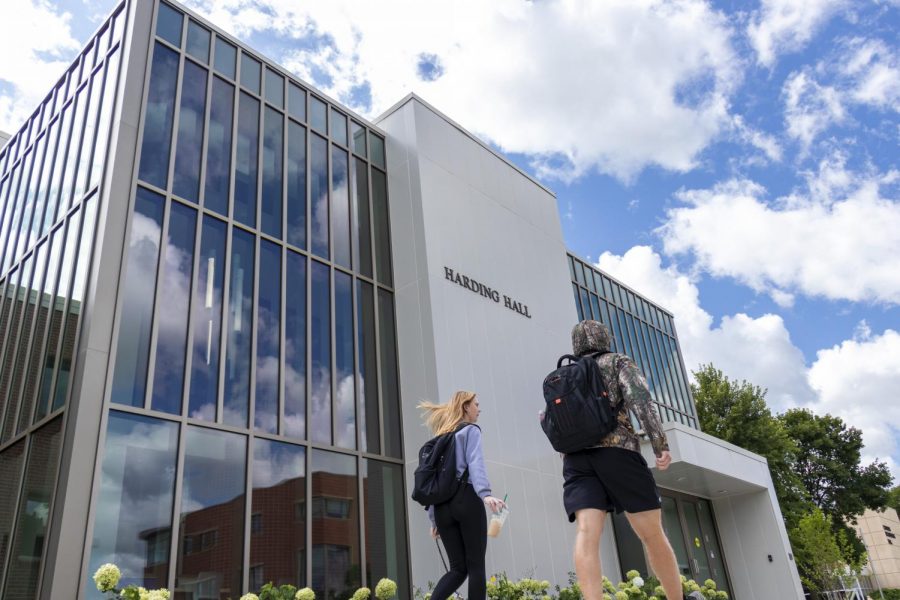South Dakota State adds new business school this fall
August 27, 2019

South Dakota State University is adding the Ness School of Management and Economics to its list of colleges and departments. This new school offers economics, business economics, entrepreneurship, agriculture business, agriculture economics and other related majors.
After advocating for almost a decade, professor Eluned Jones, now the director of the school, led the way to the creation of SDSU’s new business school.
The new department will allow business students to come to SDSU knowing that they will receive a great education for an affordable price.
This program also creates opportunities for business students to expand their education and receive a master’s degree.
“Coming from an accredited business school will give you so many more opportunities, like getting your master’s from an accredited business school,” Ryan McKnight, instructor of management and law classes, said about the new school.
McKnight also explained that SDSU will rival in-state schools such as Northern State University, the University of South Dakota and Black Hills State University
“We’ve always known we have a great business program,” McKnight said, “But now we are actually a business school.”
An official title for SDSU’s business program will hopefully draw more students than ever before.
Additionally, many hope the college will make SDSU’s master’s program for business economics more renowned, which was added to the program just last year.
“I think it is a great stepping stone for people interested in SDSU,” Brandi Platz, a sociology major said. “Having a new home for the business school at SDSU makes people more excited about joining clubs, being involved and growing in their education.”
Thanks to the First Dakota National Bank eTrading Lab, business students will expand their learning opportunities exponentially. For example, the Investment Club will be using the lab to invest real money in the stock market.
For the first time ever, the lab will be in Harding Hall. The lab houses 18 desktop computers and a student capacity of 36.
“There’s a real thirst for knowledge among our students,” McKnight said. “You start teaching kids stuff they actually want to learn, they get invested, no pun intended.”
























